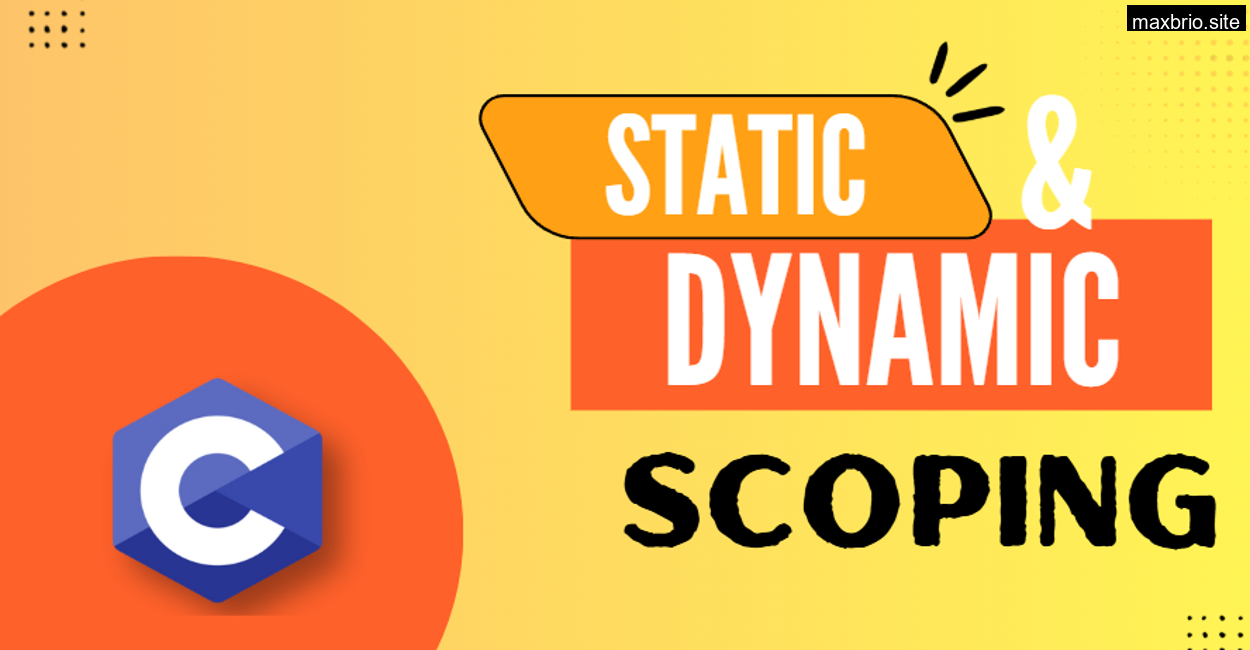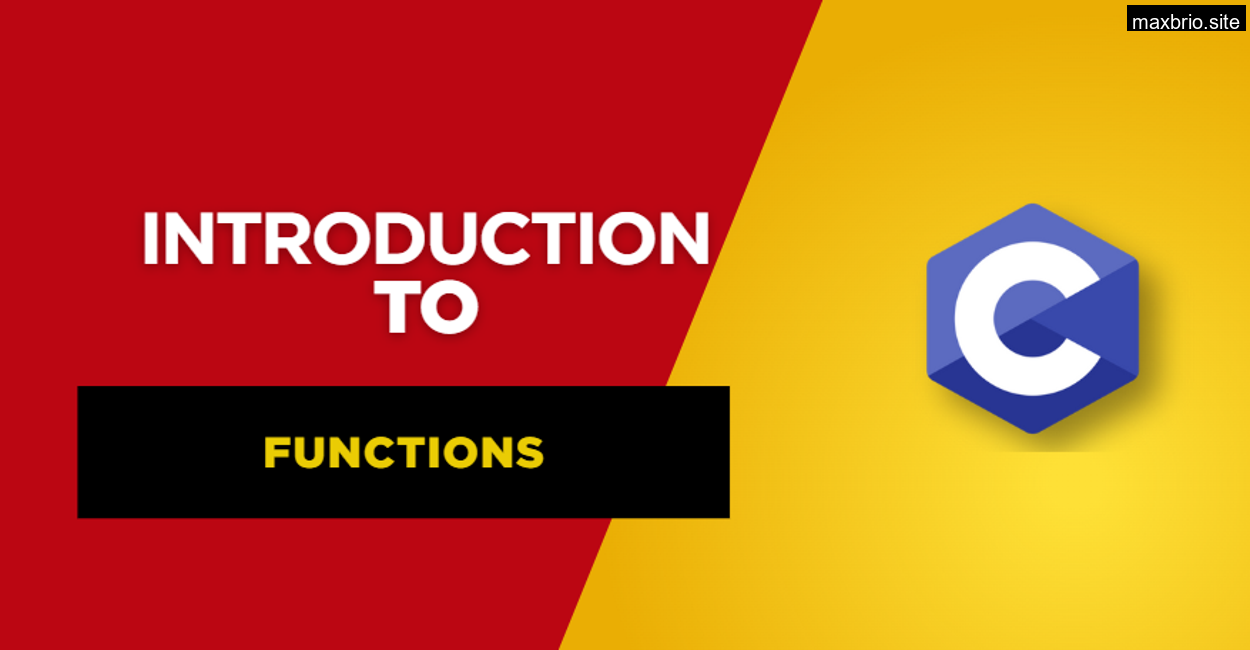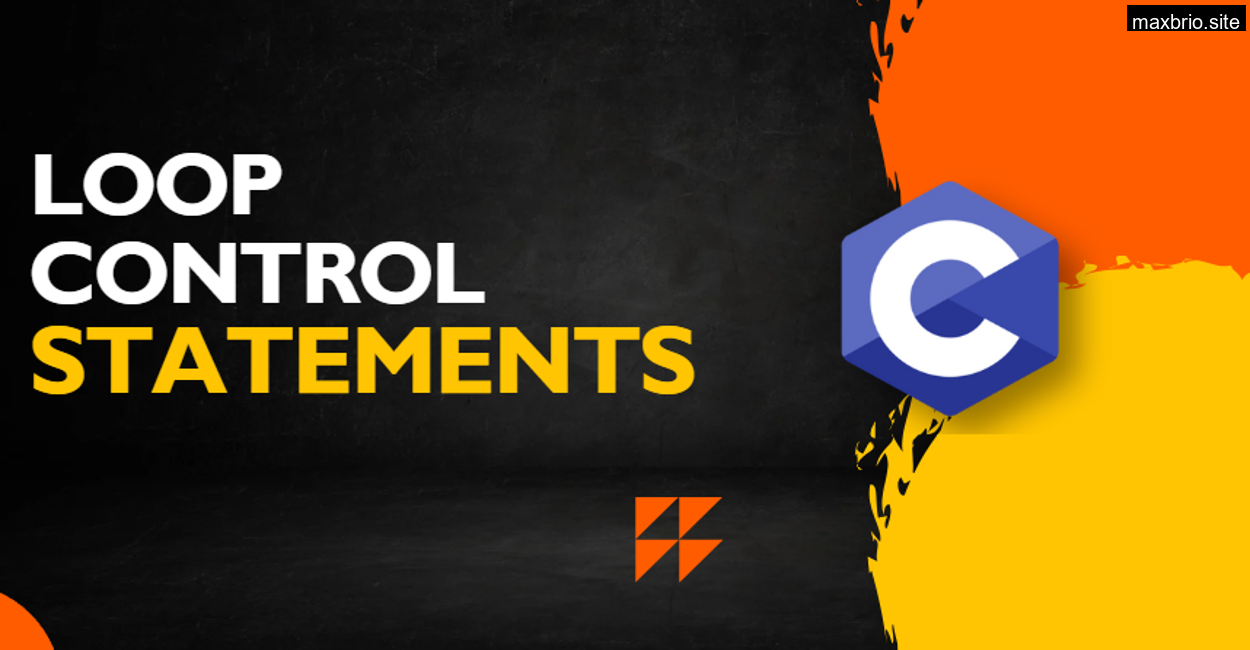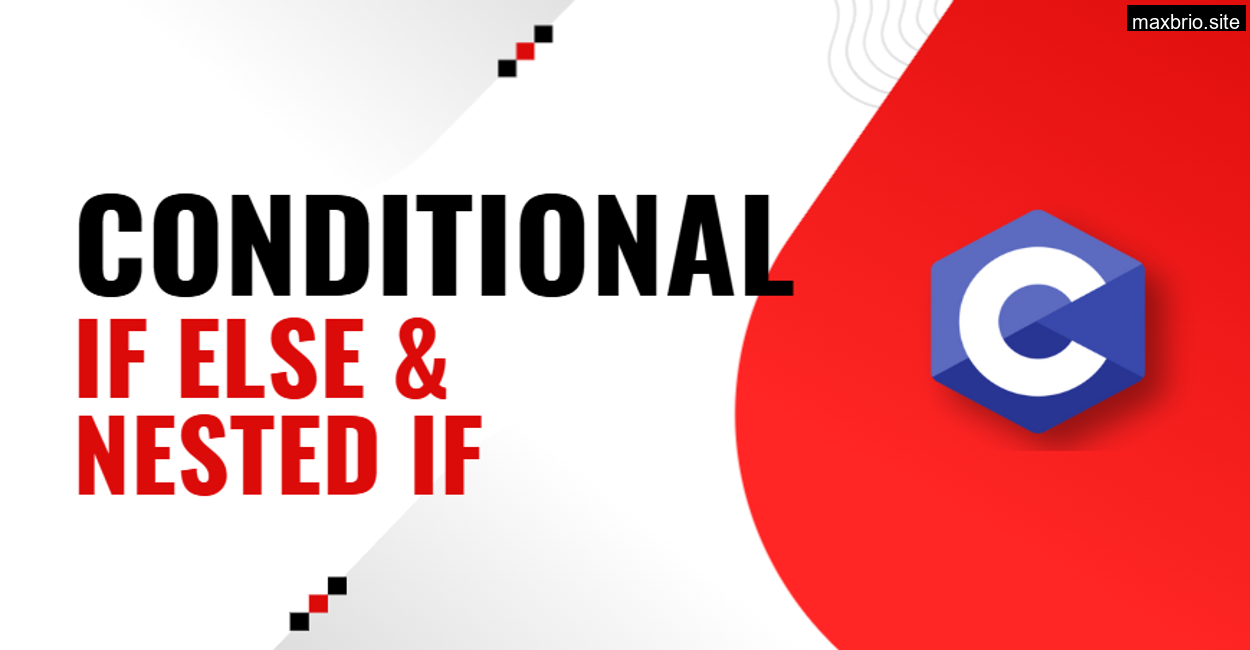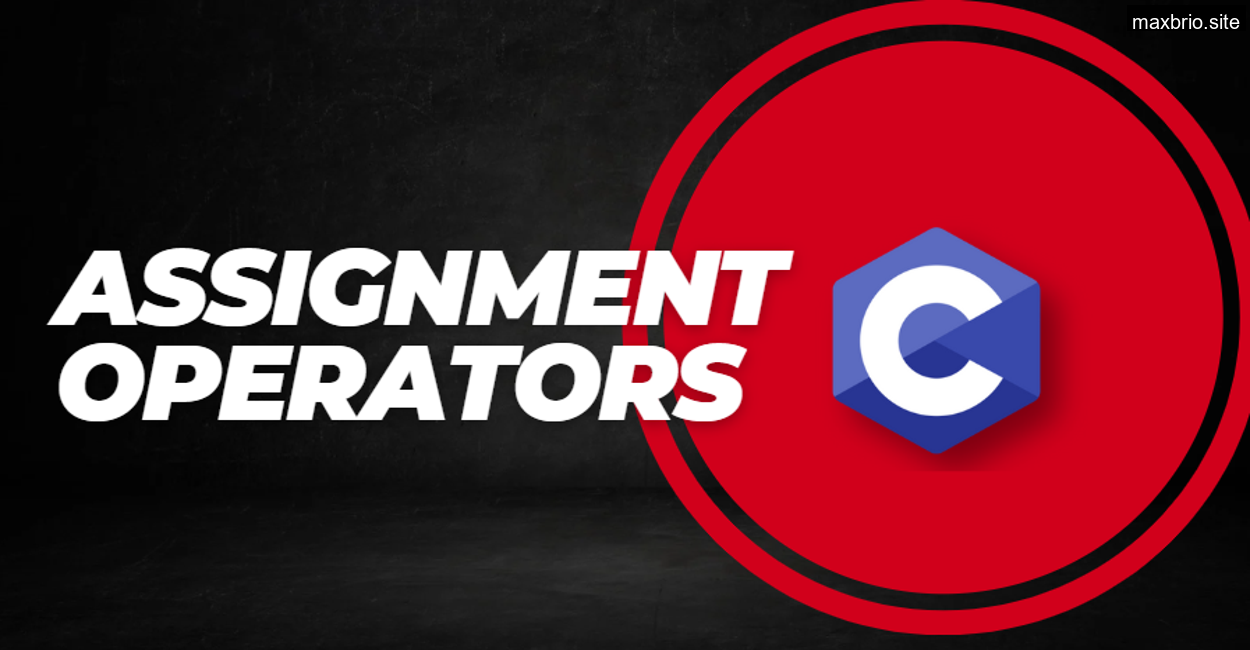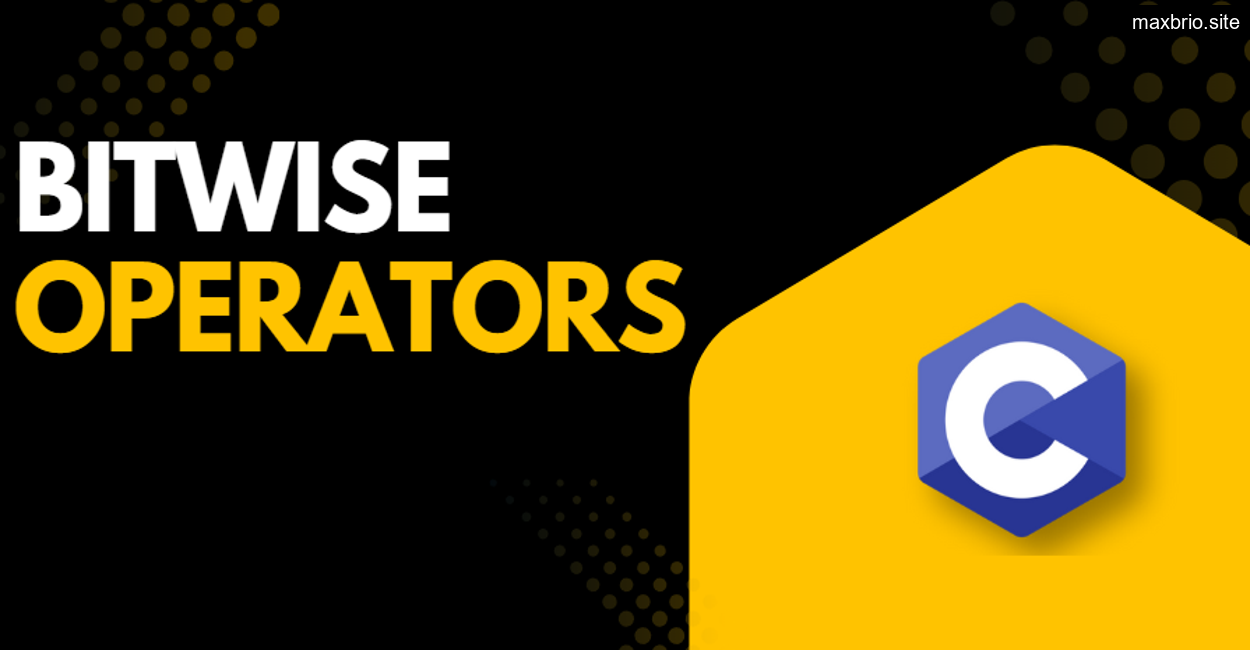It was our third week into learning C, and today we have learned the way c programming speak i.e., the usage of printf().
Riya had just spent over twenty minutes debugging her code, only to find out that she was comparing a garbage value. Her variable was fine, her logic was mostly okay but her output? Gibberish.
She turned to me and said, “Sir, I think the computer hates me.”
I smiled. Not because it was funny, but because I had been there. Oh, I had been there. Many times.
And as always, I asked her the same question I ask all my students when their code gets cryptic:
“Did you talk to your program?”
Confused, she said, “Talk? How?”
I pointed to her printf() line. Or more accurately, the absence of one.
That’s when the lesson began.
Why printf() Isn’t Just Output It’s Communication
If you’re new to programming, especially in C, printf() might look like just a fancy way of showing something on the screen.
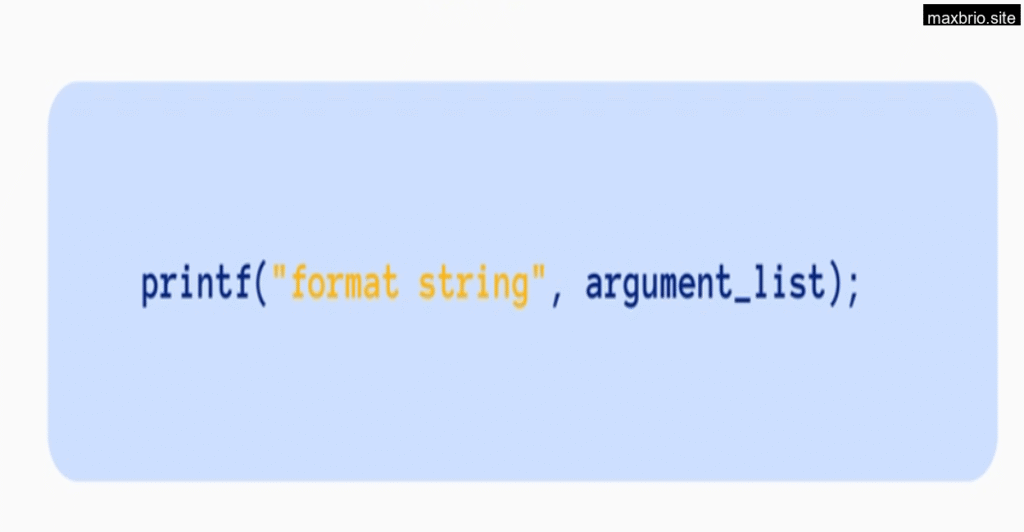
Sure, that’s the first thing we all write. But I want you to unlearn this idea of printf() being just about output.
Think of printf() like your walkie talkie.
In the battlefield of programming, when variables are hiding and logic is collapsing like a badly stacked Jenga tower, your only way to ask “what’s going on here?” is by printing and listening.
I’ve always said:
Debugging without printf() is like flying blind with no radar.
You’re still flying, but you’ll hit a mountain soon enough.
The First Time I “Spoke” to My Code
Let me take you back to when I was a student. We were building a calculator program in C. It was supposed to take two numbers and an operator and spit out the result. Easy enough, right?
Until we added float division. Suddenly, my division gave me “0” when I clearly expected “0.75”.
Turns out I had written:
int a = 3, b = 4;
printf(“Result is %d\n”, a/b);
My friend looked at me and said, “Well, it’s not lying 3 divided by 4 is 0 when you’re using ints.”
But it hit me. That wasn’t the problem.
The real problem?
I didn’t ask the program the right question.
Had I printed the types, or just “a = %d, b = %d, result = %f”, I would have caught it.
That day, I stopped seeing printf() as a command, and started seeing it as a conversation. A dialogue.
Getting the Format Specifiers Right The Most Underrated Bug Fixer
One of my students, Arjun, once said:
“Sir, printf() is the only place where being 100% precise actually feels good.”
He was right.
If you’ve ever printed a float with %d, you’ll know the chaos that follows. Here’s a quick memory from a lab session:
float pi = 3.14;
printf(“Value is %d\n”, pi); // Oops
The output?
“Value is 1078523331” or some equally incomprehensible garbage.
One of my students said, “Sir, my computer is possessed.”
Another whispered, “Maybe it’s π in binary.”
I chuckled and explained the concept of format specifiers.
The “Language” of printf()
- %d for integers (int)
- %f for floats and doubles
- %c for characters
- %s for strings
- %lf for double (yes, %f also works sometimes for double, but it’s good practice to use %lf)
And most importantly:
The format specifier must match the data type. No exceptions.
Otherwise, you’re not talking you’re mumbling.
printf() Is Your Live Wire into the Program’s Brain
I often tell students, “Don’t wait for errors to force you to debug. Use printf() before something breaks.”
Want to see if your loop is running the correct number of times?
for (int i = 0; i < 5; i++) {
printf(“i = %d\n”, i);
}
Trying to see if a condition is ever met?
if (x > y) {
printf(“x (%d) is greater than y (%d)\n”, x, y);
}
Want to track a variable across a complex function?
Throw a printf() inside the function and follow the breadcrumb trail.
And the best part? It’s instant feedback.
You don’t need a debugger window or breakpoints.
Just your code, and your own curious questions.
The Common Mistake: Too Many Placeholders, Too Few Variables
One of the most common errors I’ve seen especially among my more confident beginners is mismatch.
They’ll write:
printf(“%d %d %d\n”, a, b);
And the compiler?
“Expected expression before token”
Or worse, silent garbage output.
I call this “saying three things but giving the mic to only two people.”
If you use three %ds, you must pass three variables. Not two, not four.
That’s how literal and precise printf() is. It holds you accountable to your speech.
Teaching Arithmetic Through printf() A Student’s Favorite Trick
There’s one thing I always do in class when teaching arithmetic operations.
I assign variables, then build a mathematical expression, and ask students to guess the result before I run the code.
Here’s a classic example:
int a = 2, b = 3, c = 6, d = 3;
int result = (a + b) * c / d;
printf(“(%d + %d) * %d / %d = %d\n”, a, b, c, d, result);
The class always goes quiet, minds buzzing.
What will the result be? Will C follow left to right? Is multiplication prioritized?
And when I run it, they all watch the screen like it’s a movie climax.
It’s not just about the arithmetic. It’s about how we use printf() to teach, test, and reveal.
printf() as a Learning Partner
I remember one student, Fatima, who told me:
“I write my printf()s before my actual logic. They guide me.”
That’s advanced thinking.
Before even coding, she’d decide what kind of messages she wanted to see. What inputs. What outputs. What flow.
She used printf() like a narrator.
She was telling herself a story about the code in real time.
printf() as a Drama Teacher
Want to know the mood of your variables?
Let them speak.
Print them when they’re initialized. Print them when they change. Print them when they’re about to be used in a condition.
When I’m teaching conditionals, I often say:
“Don’t assume your variable is what you think it is. Ask it.”
And how do we ask it?
You guessed it.
printf(“Before checking, value of x is %d\n”, x);
Cleaning Up The “printf() Diary” Phase
Of course, as students get better, they start relying less on printf().
But I always warn them:
Do not clean your printf()s too early.
Keep them until you’re absolutely sure the logic works.
And even then, maybe keep a few in as breadcrumbs.
Some students even comment them out instead of deleting:
// printf(“Debug: a = %d, b = %d\n”, a, b);
Smart move.
Like keeping a journal. You don’t have to read it every day, but when something feels off you’ll be glad you didn’t burn it.
Teaching Tip: Making Students Write Their Own printf()s
When students start copying each other’s output format, I stop them and say:
“Don’t copy. Speak. What do you want to say to the user?”
Suddenly, they get creative:
printf(” The rocket is launched with speed: %f m/s\n”, speed);
Or
printf(“Username entered: %s\n”, username);
That’s when I know they’ve got it. They’re not just coding.
They’re communicating.
My Final Word: printf() Teaches You to Think Like a Programmer
In my years of teaching C, I’ve come to believe that printf() is more than syntax. More than output.
It is:
- A teacher that shows you what’s really happening.
- A debugger that speaks in your own words.
- A mirror that reflects the truth about your code.
So the next time your logic breaks, your variable misbehaves, or your code just feels off…
Before you reach for Stack Overflow, before you blame your IDE, before you call it a “compiler bug”…
Just ask:
“Have I spoken to my code today?”
Because chances are, it’s been trying to tell you something all along.
And all it needed was a simple line:
printf(“Value of x is %d\n”, x);
Written from years of sweaty lab sessions, confused student faces, and those magical “Aha!” moments when printf() finally made everything click.
Trust me future you will thank present you for every single printf() you write.
Why do you say printf() is like a conversation and not just output?
Because debugging isn’t just about fixing errors it’s about understanding behavior. printf() lets you ask your program what it’s doing. It turns assumptions into observable facts, which is what every beginner desperately needs.
What’s the most common mistake students make with printf()?
Mismatched format specifiers. Like printing a float with %d, or giving two variables when the format string expects three. It’s like speaking a sentence with missing words you’ll get confusion, not clarity.
How early should I start using printf() to debug?
Immediately. Don’t wait for errors. Use printf() to see what’s happening before things break. Think of it as turning the lights on before walking through unfamiliar code.
Can printf() really replace a debugger?
In many beginner level cases, yes. Especially when you’re just trying to understand variable changes, loops, or conditions. It’s fast, intuitive, and teaches you to ask better questions of your code.
Should I delete all my printf() lines after the code works?
Not right away. Keep them as breadcrumbs. Many smart students just comment them out. Debugging is a journey your past printf()s often hold clues for future bugs.


